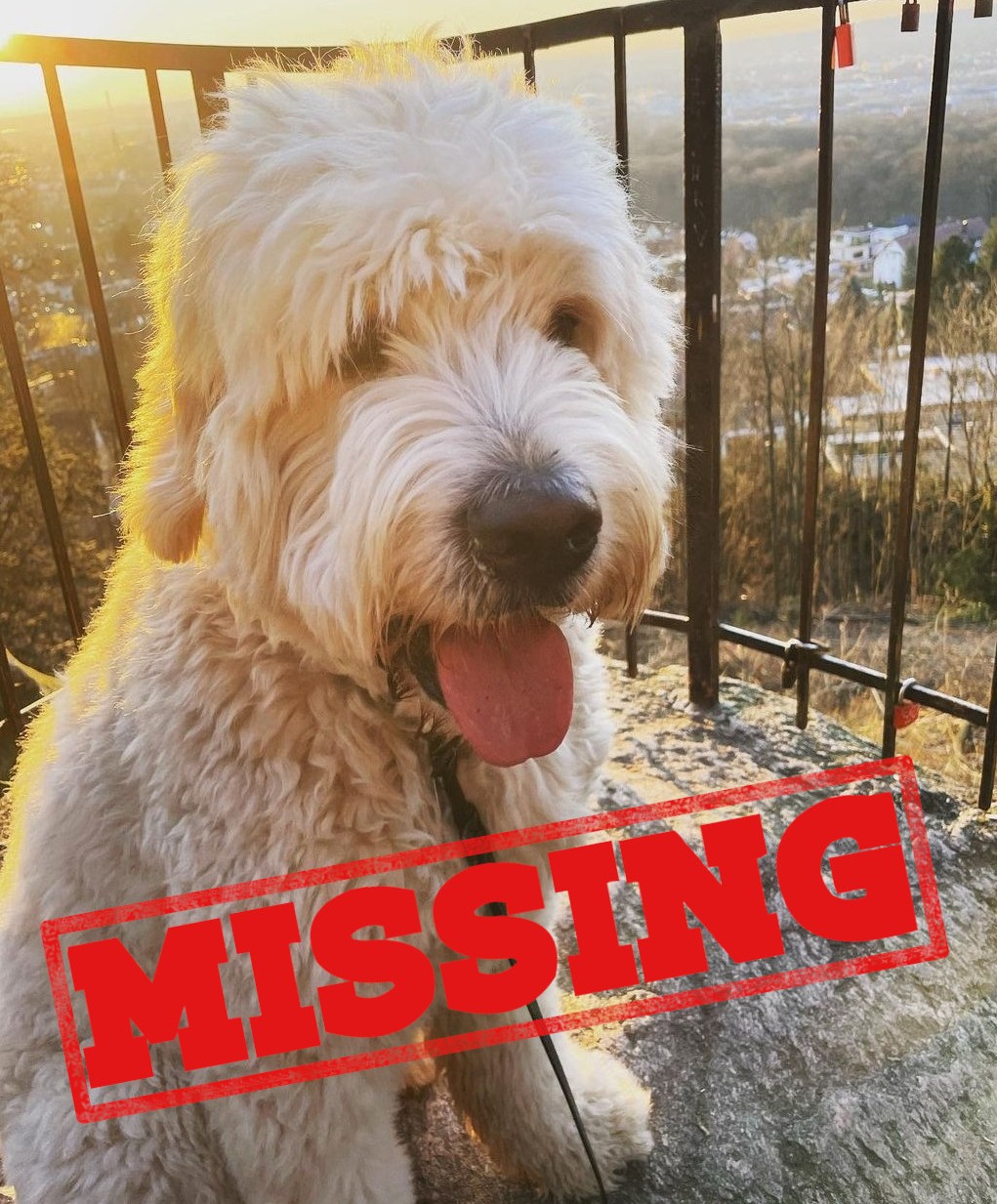25 Jun 2022
There’s 2 more soon-to-be-happening conferences that I’ll be at, namely IAFPA2022 and SMC2022:
- 10-13 July, I will be in Prague at the 30th IAFPA, giving a poster presentation on an experiment did with Jürgen Trouvain and Bernd Möbius on "Speaker discrimination and classification in breath noises by human listeners". A picture of a very cute dog may have been involved to get participants motivated for the task.
- 24-27 August, I will be in Groningen for the 8th International Conference on Speech Motor Control to present a poster on "Comparison of acoustic parameters of inhalations vs. exhalations with 3D-printed vocal tract models". It's coming from a really cool project that involves Susanne Fuchs, Jürgen Trouvain, Steffen Kürbis, Bernd Möbius, and Peter Birkholz and there is more from that to come, so stay tuned!
Since I got to attend Speech Prosody and a very cool workshop on historical aspects of speech communication research, I am looking forward to more in-person events! It really is a lot different from the online experience.
Finally, since I promised a cute dog: here’s the picture I used for the ‘forensic’ task along with a story that he had been kidnapped and all we have to find him are the kidnappers’ breath noises.
 His name’s Dude (since he’s a golden doodle) and he’s not really missing. He’s doing great and is a very good boy.
His name’s Dude (since he’s a golden doodle) and he’s not really missing. He’s doing great and is a very good boy.
31 Jan 2022
I have some exciting news to share for this year (whose first month is already over apparently): I got accepted to a bunch of interesting things, namely ESSV2022, Speech Prosody, and a summer school on Coping with the complexity in speech production and perception!
Chronologically, there are:
- 2-4 March, I will be in virtual Sønderborg for ESSV2022, giving a poster presentation on 2 experiments I did with Jürgen Trouvain, Beeke Muhlack, and Bernd Möbius on "Perceptual categorization of breath noises in speech pauses".
- 23-26 May, I will be at the potentially in-person Speech Prosody 2022, presenting a poster on "Optionality and variability of speech pauses in read speech across languages and rates", which I did with Jürgen Trouvain and Bernd Möbius.
- 4-8 July, I will be at the very summery winter school on complexity in production and perception in Chorin. Very much looking forward to hearing the talks there and talking to many interesting people!
Let’s hope that the events currently planned as in-person events can be held as such!
01 Oct 2021
This year’s P&P 17 in virtual Frankfurt is over and was a pleasure as usual.
Although I’m sure everyone’s pretty tired of online conferences by now (yet some people still haven’t learned what a mute button is), P&P was very enjoyable.
They based their infrastructure on last year’s P&P who already did an extremely good job as one of the earlier online conferences.
The combination of zoom for talks and gather.town for poster presentations is a very good fit for smaller conferences in my opinion.
Personally, I got to see loads of interesting talks & posters and - through my PINTS glasses - it is wonderful to see that other people are working on breathing and/or pauses, too!
My poster on “Breath noise perception – a pilot study on airway usage” was very busy (even had to go 20mins overtime) and there were some fruitful discussions and useful suggestions that I need to think about the next days.
22 Jun 2021
It’s been quite a while since I have posted on here (mainly because I used twitter for announcing smaller updates) but there is some wonderful news concerning this year’s Interspeech. Among the 6 papers from our department that were accepted were 3 papers from the PINTS project! They are:
- Werner, R., Fuchs, S., Trouvain, J., & Möbius, B. (2021). Inhalations in speech: acoustic and physiological characteristics. Interspeech 2021, 30 Aug-3 Sep, Brno.
- Muhlack, B., Elmers, M., Drenhaus, H., Trouvain, J., van Os, M., Werner, R., Ryzhova, M., & Möbius, B. (2021). Revisiting recall effects of filler particles in German and English. Interspeech 2021, 30 Aug-3 Sep, Brno.
- Elmers, M., Werner, R., Muhlack, B., Möbius, B., & Trouvain, J. (2021). Take a breath: Respiratory sounds improve recollection in synthetic speech. Interspeech 2021, 30 Aug-3 Sep, Brno.
I’m looking forward to representing the pause-internals :)
14 Dec 2020
My last working week for this year I was mostly busy with the International Seminar on Speech Production (ISSP). It was the last one after a couple of online conferences (including occasional mixed feelings) in 2020 but I really enjoyed the format. Not only did they hold the majority of contributions as poster presentations (which I think is much better than sitting through hundreds of short versions of talks), they also introduced double slots, i.e. every poster slot would happen twice which catered for different time zones but also allowed me to spend some more time on a session that was particularly interesting to me.
Personally, I was involved in a poster (Exploring the presence and absence of inhalation noises when speaking and when listening with J. Trouvain, S. Fuchs, and B. Möbius; poster and paper to be linked in Publications) and greatly enjoyed the discussions there and at other posters.
Overall, it was probably the best format I’ve seen in an online conference so far with some highly interesting talks, engaging discussions, an online concert, and many things I learned.
 His name’s Dude (since he’s a golden doodle) and he’s not really missing. He’s doing great and is a very good boy.
His name’s Dude (since he’s a golden doodle) and he’s not really missing. He’s doing great and is a very good boy.